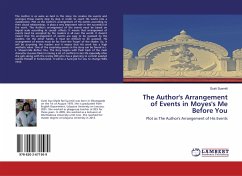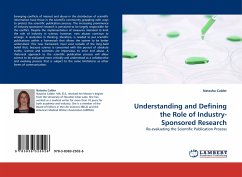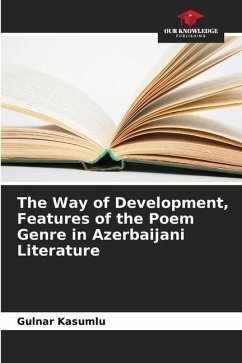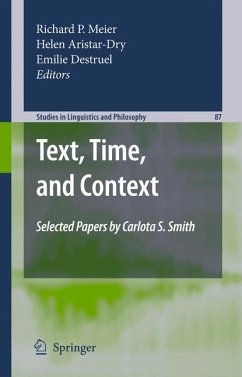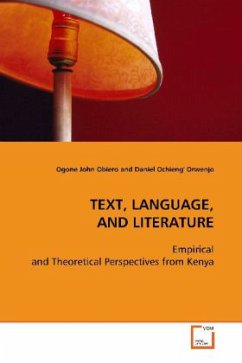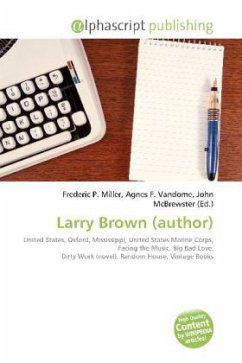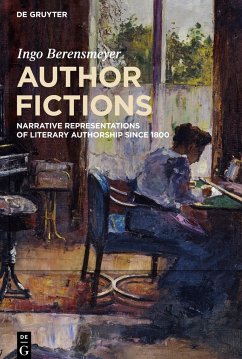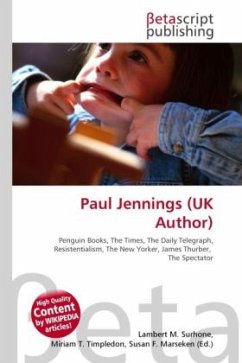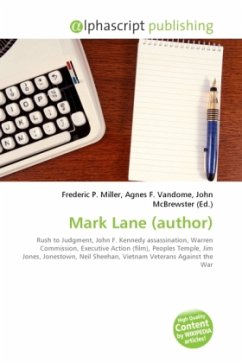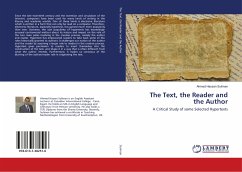
The Text, the Reader and the Author
A Critical Study of some Selected Hypertexts
Versandkostenfrei!
Versandfertig in 6-10 Tagen
43,99 €
inkl. MwSt.

PAYBACK Punkte
22 °P sammeln!
Since the late twentieth century and the invention and circulation of the Internet, computers have been used for many kinds of writing in the literary and academic worlds. One of these kinds is electronic literature which is written in a form that can only be read on a computer. Therefore, electronic literature, especially hypertext, has gained much more popularity than ever. However, the vast popularity of hypertexts has exceedingly aroused controversial matters about its nature and impact on the role of the two main poles involving in the creative process, namely the author and reader. Hyper...
Since the late twentieth century and the invention and circulation of the Internet, computers have been used for many kinds of writing in the literary and academic worlds. One of these kinds is electronic literature which is written in a form that can only be read on a computer. Therefore, electronic literature, especially hypertext, has gained much more popularity than ever. However, the vast popularity of hypertexts has exceedingly aroused controversial matters about its nature and impact on the role of the two main poles involving in the creative process, namely the author and reader. Hypertext has empowered readers to take back some of the roles historically granted to authors; it challenges our notion of the author and the reader by assuming a larger role to readers in the creative process. Hypertext gives permission to readers to insert themselves into the construction of the text, and shape it in a way that is often different from what the author intends. Furthermore, it makes us conscious of the blurring of the author/reader role in originating the text.



